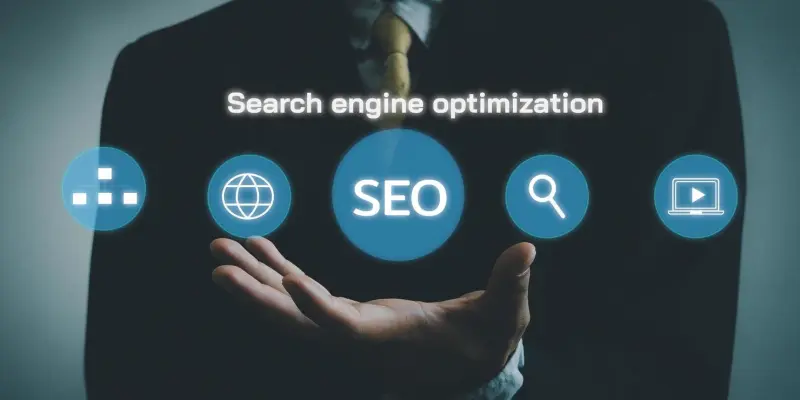The evolution of artificial intelligence (AI) has significantly influenced various industries, with ecommerce Search Engine Optimization (SEO) being notably impacted. This market analysis delves into how AI is transforming ecommerce SEO, exploring current trends, data, and future projections. The goal is to provide a comprehensive view of AI’s integration into SEO strategies and the implications for the ecommerce sector.
Market Context and Key Drivers
The rise of AI in ecommerce SEO can be traced back to significant industry shifts and technological advancements. Initially, SEO focused on basic techniques like keyword stuffing and simple link building. However, as search engine algorithms prioritized user experience and content relevance, SEO specialists had to adopt more advanced methodologies. This has culminated in the current landscape where AI-driven strategies address the need for semantic search and user intent, shaping a more sophisticated approach to SEO.
AI Transformations in Ecommerce SEO
Optimized Content Creation Through AI
AI’s role in content creation is one of the most impactful transformations in ecommerce SEO. With the capability to generate product listings, descriptions, meta tags, and more, AI tools streamline content creation processes, ensuring efficiency and consistency. Businesses have leveraged AI for outlining and grammar-checking content, which significantly aids in maintaining quality standards and scaling operations. Despite these advantages, it remains essential to balance AI use with human creativity to uphold originality, as per Google’s guidelines.
Advanced Analysis and Research with AI
AI has fundamentally changed the way keyword analysis and research are conducted. By organizing keywords based on topical relevance rather than individual terms, AI aligns SEO strategies with modern search algorithms. This approach enables businesses to create content that resonates more with search engines’ understanding of interconnected topics. However, the accuracy of AI-generated insights and the need for human oversight remain critical to the effectiveness of such strategies.
Automation in Technical SEO
Technical SEO has greatly benefited from AI, particularly in automating repetitive tasks such as generating internal linking strategies and analyzing site structures. Integrations like Screaming Frog with OpenAI exemplify how AI enhances efficiency in technical SEO endeavors. By automating mundane tasks, AI allows SEO specialists to focus on more strategic and creative aspects. Nonetheless, continuous monitoring and a cautious approach to over-reliance on automation are essential to maintain optimal performance.
Emerging Trends and Future Projections
The integration of AI in ecommerce SEO is evolving, with several emerging trends shaping the future. AI-driven personalization is enhancing user experiences through tailored product recommendations and chatbots. As AI advances, natural language processing improvements will make voice search optimization more critical. Furthermore, regulatory developments regarding data privacy could influence AI’s deployment, necessitating compliance and ethical considerations.
Strategic Insights and Recommendations
For businesses seeking to leverage AI effectively, it is advisable to integrate AI in areas where it provides the most significant value, such as content generation, keyword research, and technical SEO. Adopting a hybrid approach that combines AI capabilities with human expertise can optimize outcomes. Staying updated with technological advancements and regulatory changes is vital to adapt strategies proactively. Ongoing education and training can help professionals keep pace with the continually evolving SEO landscape.
Embracing an AI-Driven Ecommerce SEO Framework
The integration of AI in ecommerce SEO has marked a significant shift towards more efficient and sophisticated strategies. Although challenges and uncertainties persist, the potential benefits make AI an essential tool for future-proofing ecommerce businesses. By embracing AI and remaining adaptable, companies can improve their SEO efforts, offer enhanced user experiences, and achieve better search engine rankings. The journey toward an AI-driven SEO framework continues, and those who innovate and adapt have reaped the most rewards.

